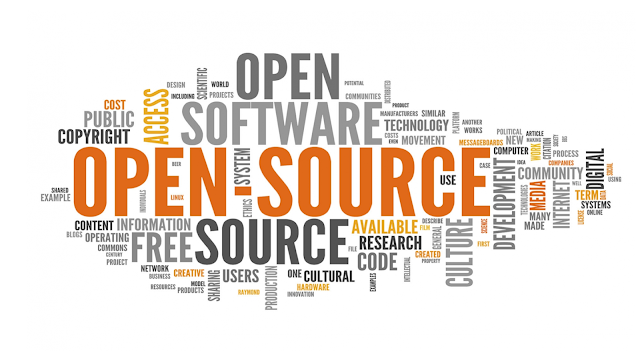Linux Operating System
Linux, the epitome of open source software, is a powerful and versatile operating system used across devices, from servers and supercomputers to smartphones and embedded systems. Its open nature allows for customization, security enhancements, and scalability. Linux distributions like Ubuntu, Fedora, and Debian have gained immense popularity due to their stability, flexibility, and extensive software repositories.
Apache Web Server
Apache HTTP Server, commonly known as Apache, is the most widely used web server globally. It delivers websites and applications with high performance, stability, and security. Apache's modular architecture and extensive documentation make it an ideal choice for hosting dynamic websites, content management systems, and e-commerce platforms. Its open source nature encourages collaboration, resulting in constant improvements and community support.
MySQL Database Management System
MySQL, a widely used open source relational database management system (RDBMS), powers countless web applications and data-driven solutions. It offers excellent performance, scalability, and reliability, making it suitable for small projects to large-scale enterprise applications. MySQL supports multiple platforms and programming languages, enabling seamless integration and robust data management capabilities.
Git Version Control System
Git, the de facto standard for version control, revolutionized software development by enabling efficient collaboration and code management. With its distributed architecture, Git allows developers to track changes, manage branches, and merge code seamlessly. It has become an integral part of the development workflow, facilitating collaboration across teams and enabling the open source movement. Platforms like GitHub and GitLab provide hosting services, fostering open source projects and encouraging community participation.
TensorFlow Machine Learning Framework
TensorFlow, an open source machine learning framework developed by Google, has gained immense popularity for its versatility and extensive community support. It enables developers to build and deploy machine learning models efficiently, making it suitable for a wide range of applications, including computer vision, natural language processing, and deep learning. TensorFlow's extensive library ecosystem, pre-trained models, and scalable infrastructure empower researchers and developers worldwide to innovate in the field of artificial intelligence.
Conclusion
The open source ecosystem has played a pivotal role in shaping the technology landscape, providing powerful tools and fostering collaboration. From the Linux operating system to versatile frameworks like TensorFlow, open source tools have become essential components of modern technology stacks. They empower developers, individuals, and organizations to create innovative solutions while benefiting from community-driven support and continuous improvement. The top five open source tools mentioned here exemplify the power of open collaboration and serve as a testament to the transformative nature of open source software.














COMMENTS